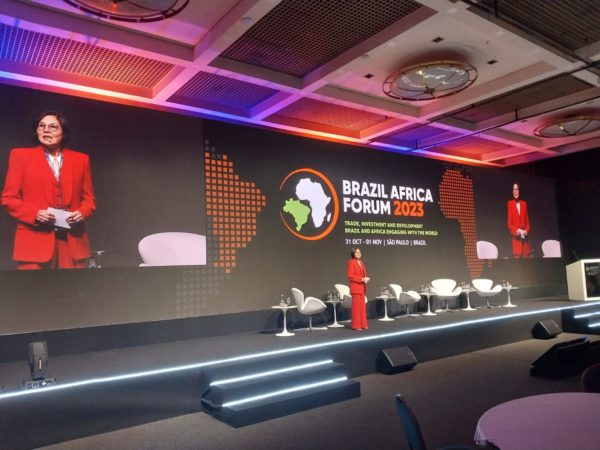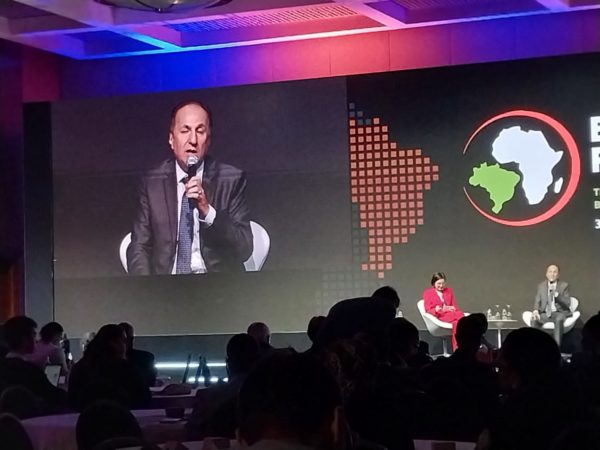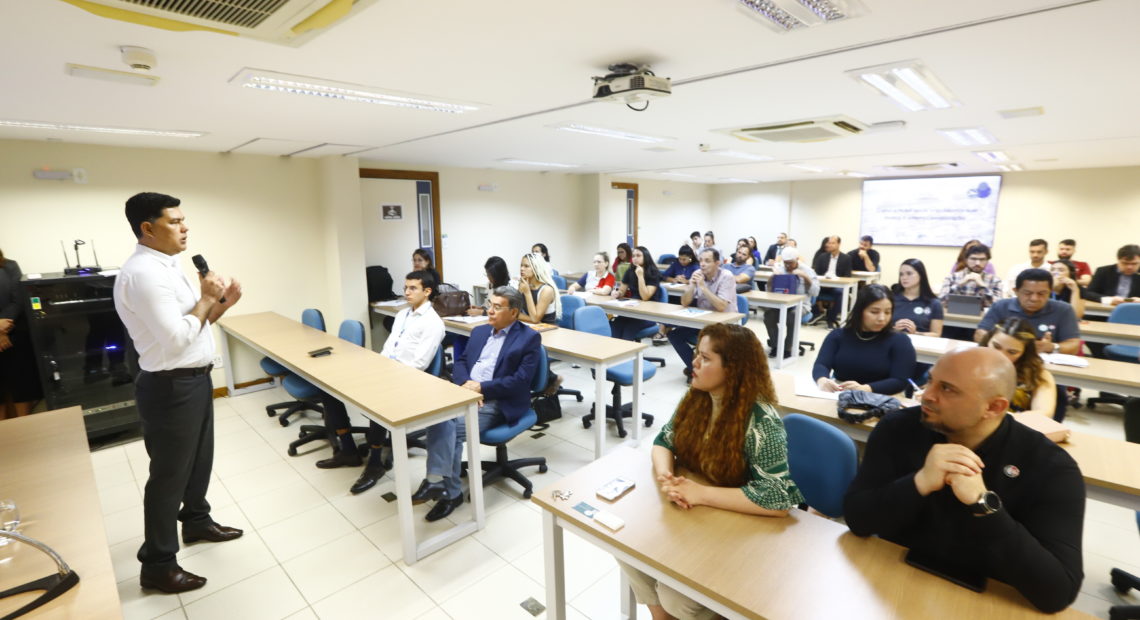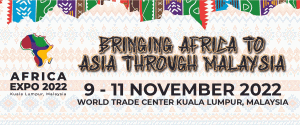In a panel at the Brazil Africa Forum, experts said there is a growing demand for halal-certified products in the continent. Africa has 30 Muslim-majority countries.
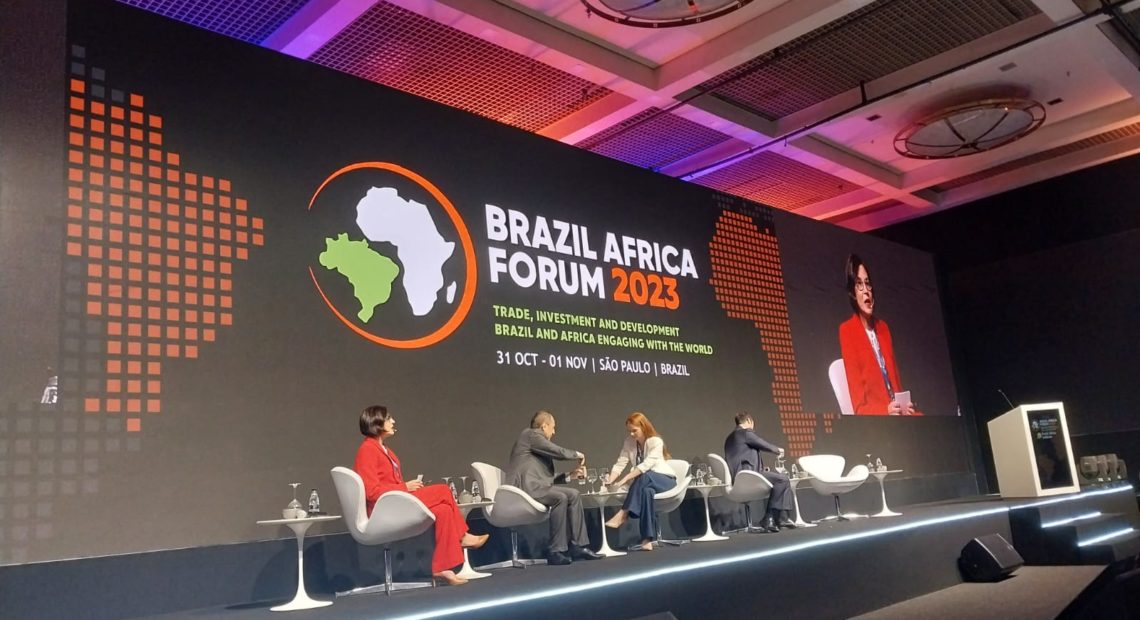
Isaura Daniel
isaura.daniel@anba.com.br
São Paulo – Nearly half of Africa’s population follows the Islamic religion. Brazilian exports of halal products to the continent are increasing significantly, and even African countries that are not predominantly Muslim are looking for certified products. Halal products and services are made according to the laws of Islam and suitable for consumption by Muslims.
The importance of the African markets for halal products and services was the topic of the panel “Halal Market: Opportunities and Partnerships in Brazil and Africa” this Tuesday (31) at the Brazil Africa Forum, moderated by the Marketing & Content director of the Arab-Brazilian Chamber (ABCC), Silvana Gomes. The forum is held by the Brazil-Africa Institute.
According to Gomes, Brazil exported USD 8 billion in halal products to African countries in 2022, an increase of 35% over the previous year. “Still, there are countless untapped opportunities in this market,” said the director to the forum audience. According to her, 30 countries in Africa have Islamic-majority populations.
According to the vice-chair of certifier FAMBRAS Halal, Ali Zoghbi, who was one of the panelists, currently, all of Africa consumes halal. “We have noticed that countries with an Islamic minority want halal-certified goods,” he said. The ABCC’s New Business director, Estevão Margotti de Carvalho, supported the affirmation. “Demand for halal products is growing not only in Muslim-majority countries but also in Christian-majority countries,” he said.
Meanwhile, Zoghbi recalled that Brazil is currently the leading producer and exporter of halal protein and an essential player in the global supply of halal foods. The Market Intelligence manager of the Brazilian meat lobby ABPA, Laiz Foltran, said Brazil recently opened a new African market for poultry, Algeria, a Muslim country.
The experts spoke about some initiatives and projects in halal. One was the Halal do Brasil Project, a partnership between the ABCC and the Brazilian Trade and Investment Promotion Agency (ApexBrasil) to foster Brazilian exports of value-added foods to Muslim markets. “Look for the Halal do Brazil Project to support your internationalization,” said Carvalho to the businesspeople interested in halal exports.
Zoghbi spoke about the launch of a pilot plan for a traceability system for Brazilian halal products. The idea is that by tracking production and logistics, consumers will have access to all the processes each product went through. The ABCC signed the agreement for the pilot plan last week with the Ecohalal project and Drops Holding Group. According to Zoghbi, this will add considerable value to Brazilian halal produce.
On the panel, Carvalho also presented the ABCC’s Easy Trade system, which digitalizes customs clearance for Brazilian exports to some Arab countries. Jordan already uses the solution. Egypt is expected to start using it soon. Still on halal, the panelists discussed possibilities in sectors other than food, such as tourism, fashion, and finance, and how halal is in line with ESG, the principles of environmental, social, and corporate governance.
Translated by Elúsio Brasileiro

